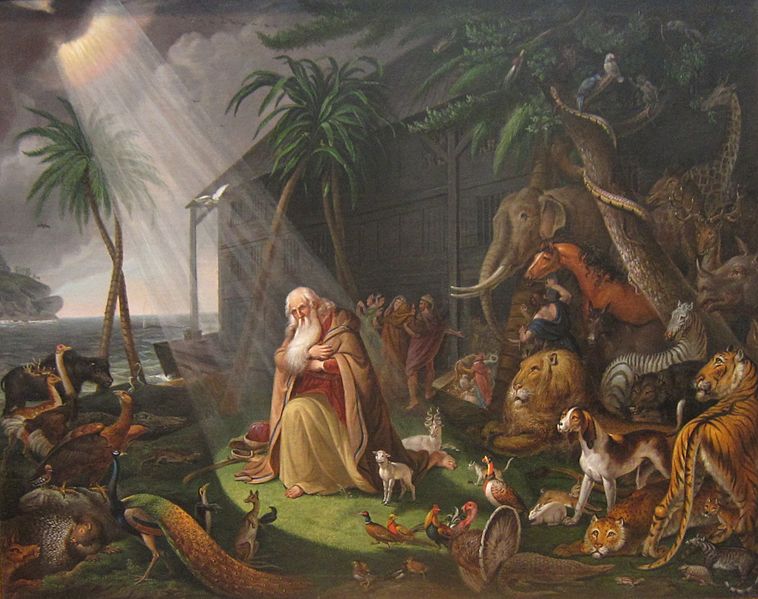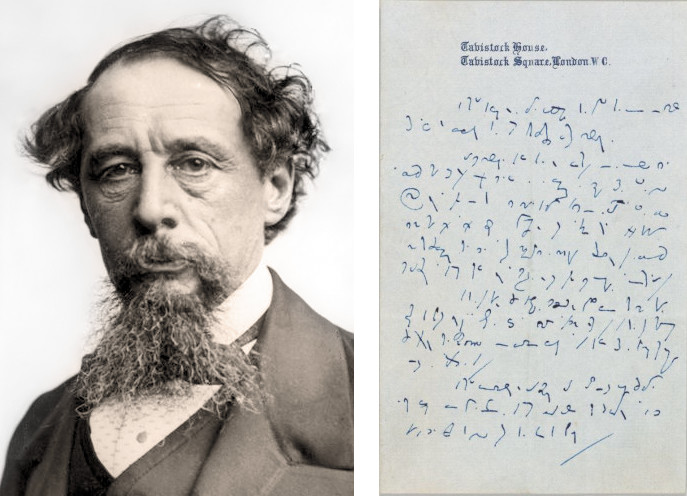
Late one night in 2001, Polish immigrant Henryk Siwiak set out to find a Pathmark supermarket in Brooklyn in order to start a new job. Around 11:40 p.m., residents in the area heard an argument followed by gunshots. Siwiak was found dead face down in Decatur Street, shot in the lung. A trail of blood showed that he had staggered there from Albany Avenue seeking help.
Unfortunately, this happened on September 11, the day of the terrorist attacks. Siwiak spoke poor English and was wearing camouflage clothing, which may have led his assailant to think he was associated with the attacks. In any case, with the city in chaos, police could not attend as closely to the case as they otherwise would have, and that day’s news coverage was devoted to the attacks, which may have prevented residents with potentially useful information from coming forward.
The case remains unsolved. “I’m afraid this is forever,” Henryk’s widow Ewa told the New York Times in 2011. Because the terror victims were not included in the city’s crime statistics, Siwiak’s death is the only homicide recorded in New York City on that day.







